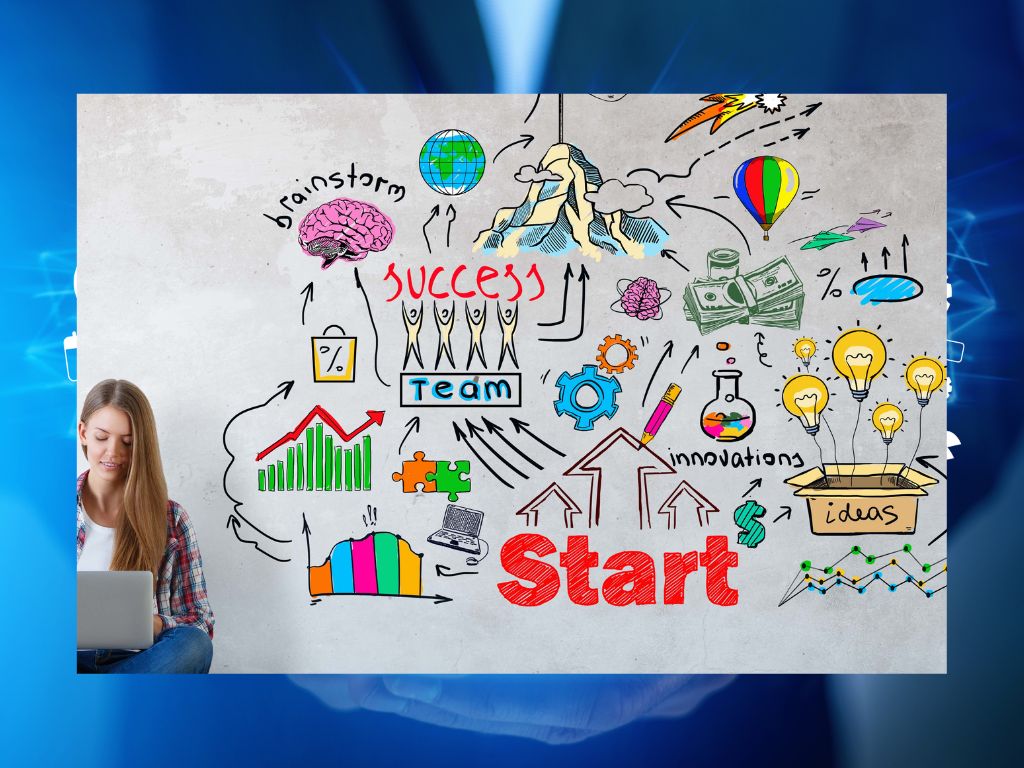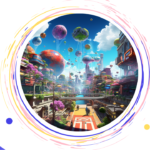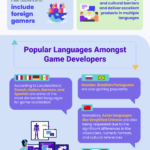Listen to the article
Nowadays, the entire gaming experience is becoming more and more social and the need for a sense of belonging cannot be ignored. Players come together and discuss different ideas related to the game, resulting in communities that develop around the playing. And proper community management improves not just social exposure but can really bring the gaming experience to another level. And the glue between players and game developers is the Community Manager.
What is a gaming community?
In plain English, a gaming community is an organized group of players who come together, usually having a common interest in a single game or series. It may be a small group consisting of a few individuals but in some cases, the numbers can reach hundreds of thousands.
Regardless of how many people are in the community, it’s essential to have a system in place to guide interactions between developers and customers. And this is because a community – big or small – is an excellent way to improve the game and promote it, but also to expand your player base and increase your sales.
In addition, there are also various other advantages offered by a vivid community and efficient community management.
Benefits of communities

You might ask why is so important to build and maintain a community around your game and why you should care. Well, research shows that the benefits of having a strong community are tremendous, but we listed below just some of them:
- An online community can help you improve your players’ engagement by up to 21%
- 66% of branded communities say the community has had an impact on customer retention, while 68% of them admit the community has helped create new leads.
- 55% of branded communities say that the community has contributed to an increase in sales, while 90% say that suggestions from the community have been used to improve products or services
- 72% state that the community has led to an increase in website traffic
- 77% of support-based branded communities also have a knowledge base
- 88% of branded communities said that the community has helped improve customer experience
- 78% of communities say that it has been used to develop new/ future products and services
- branded communities are 13% more likely to have an impact on customer experience than social media communities.
- branded communities are 21% more likely to see an increase in brand SEO than social media communities.
- 58% of online communities say that their customers are more loyal to the brand because of their community.
When we talk about the importance of having a dedicated person to coordinate all the efforts involved in managing the community, studies show that:
- 76% of branded communities have a dedicated Community Manager
- having a managed online community lessens the burden of engagement by 44%
- 3% of branded communities say they have community moderators
- having a dedicated Community Manager can help improve performance by up to 12%.
And this leads us to the next question:
Why do you need good community management?

Managing diverse groups requires both the right skills and the right tools and strategies. Proper community management is critical for several reasons:
- community management is the link between the developers and the end customers, providing a system for collecting relevant feedback.
- it helps with releasing updated information and rolling out proper marketing strategies, fostering fan trust and opening up possibilities for growth
- it provides a platform where fans can interact and learn from each other.
What is a Community Manager?
Simply put, a Community Manager is a link between developers and players and takes care of the most important aspect of any game – the gamers themselves. He/she engages with the followers, grows the offline and online communities, and attends events. Generally speaking, the community leaders are the people who know better than anyone else what the fans want.
Qualities of a Good Community Manager
With so many responsibilities, a community manager must have specific skills including:
- excellent communication skills
- empathy
- problem-solving – able to be solution-focused and take the problems in stride
- creativity – when running successful communities, there is no one-size-fits-all approach
- flexibility – you need to be able to learn from what happened, adapt, and keep moving forward
- a good understanding of the games and their player communities
- well-organized to manage the different aspects of the gaming community
- sound judgment and flexibility to meet the issues that may arise
- passionate about the job and the different players involved
- analytical and know-how of the right software to generate critical reports
What does a Community Manager do?
A community leader speaks on behalf of the brands, which means PR is part of their role. As much of the communication is online, they spend their time on the platforms where they can meet their players.
But in reality, a good Community Manager is capable of wearing several hats – so he knows how and when to adjust the content and communication accordingly in any given situation.
#1 Content creation
As the name implies, Community Managers engage their communities, and one of the best ways of doing this is through content. They create and share content that resonates with their audience while implementing the best practices of each social platform they use.
This way they give your brands a voice, as well as help to build trust in your game.
#2. Community Managers interact with your players
To foster a sense of community with your gamers, Community Managers spend time interacting with players proactively and initiating conversations between community members. At the same time, Community Managers know that they’ll have to handle both positive and negative reviews from users. So they must be prepared to properly respond to them as well as vigilantly watch for offensive content that must be removed.
#3. Gather gamers’ feedback
The Community Managers not only interact with your players but also collect their feedback so that you can respond correctly in any situation. What do you do well and resonate with your customers? What are you doing wrong, and customers are not responding? The community leader seeks out this information.
#4 Social Listening

Although most customer service on social media is usually provided when a customer seeks it and tags a brand, social listening works differently. It’s a more proactive tactic that requires finding those who need assistance with anything related to the type of game, for example, but aren’t specifically reaching out to your brand via social media. Instead, it involves scanning the social scape to find where your brand is discussed, but not directly tagged. The social listener can gather valuable data about what people think about your brand, product, and services, and get feedback in a very honest, unfiltered way.
#5 Finding new players
As a game developer, your goal is growth, but this is impossible without having new users. That’s why along with interacting with your players, one of the Gaming Community Manager tasks is targeting similar communities and finding good candidates for your brand community.
#6 Engage with others in your industry and share your work
The Community Manager isn’t just the leader of your brand community, but he should also be a part of other communities. He/she has to connect with other bloggers and gaming influencers and foster relationships with them by following, commenting on their posts, and sharing their work within their own community.
#7 Community Manager tracks the content performance and adjusts it accordingly
Even if this task can be fulfilled by the social media manager as well as the content marketers, the Community Manager monitors the engagement of the content he shares and is prepared to adjust it according to what resonates with your players.
#8 Brainstorm content ideas and prepare the content calendar
This task can be also assigned to any content marketer or social media marketer, it’s also very important for community management and audience engagement. That’s why the Community Manager must always have an idea about the content to draft and share next, according to your brand strategy.
#9 Performs regular competitor analysis
Community Managers must be always aware of what competitors are doing with success and what not. This means carefully monitoring the social media presence of their competitors and the results they get.
Community Leader – Summing up
The Community Manager role is young, but a vital and rapidly growing one. It is a multi-faceted role that requires not only marketing and public relations skills but also empathy. Community Leaders engage with customers proactively in real, authentic conversations. As players prefer to interact with brands that are authentic and transparent, community moderators can provide gamers with a trusted connection between them and your business.
As they moderate various channels where customers can communicate, share content, and engage to keep the community safe and enjoyable, the Community Manager role is necessary to help your game’s fans feel safe and heard and ultimately become loyal customers.






